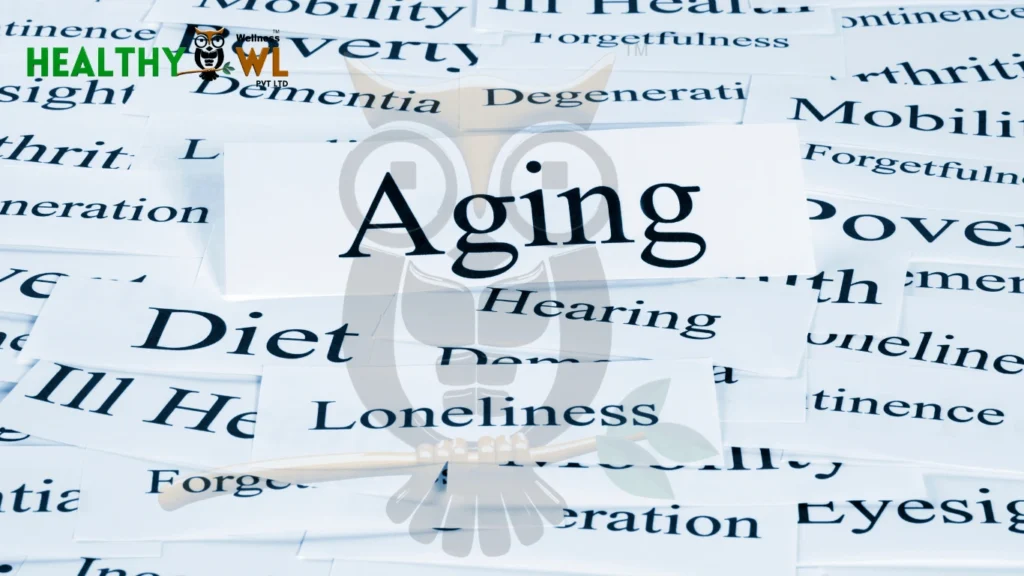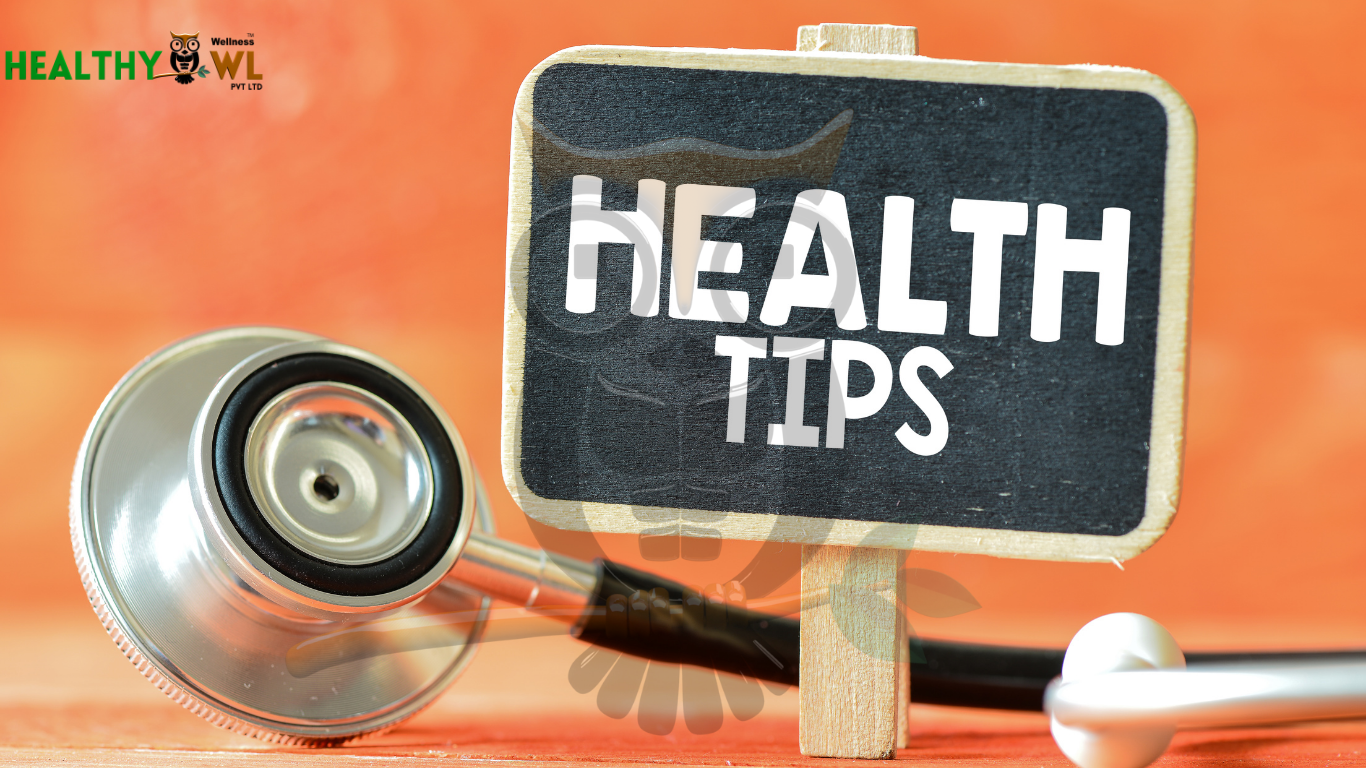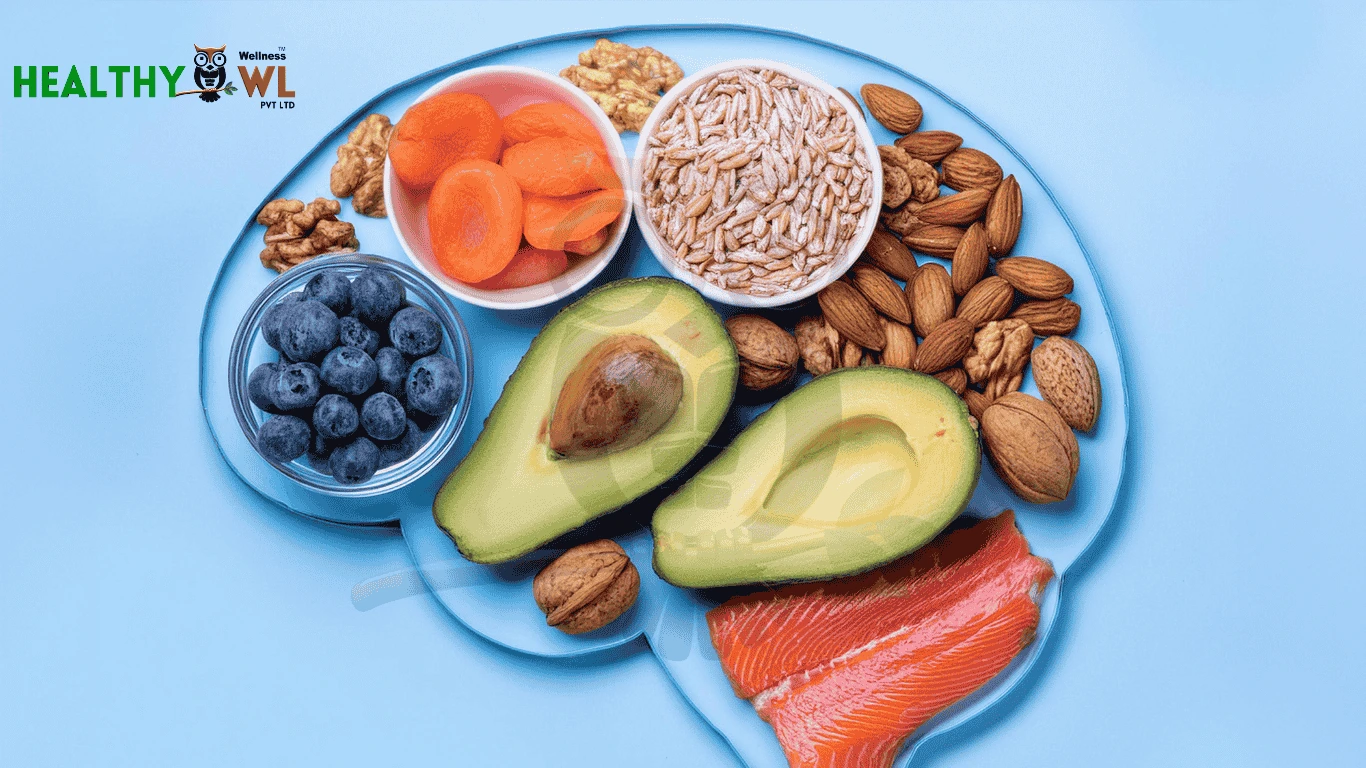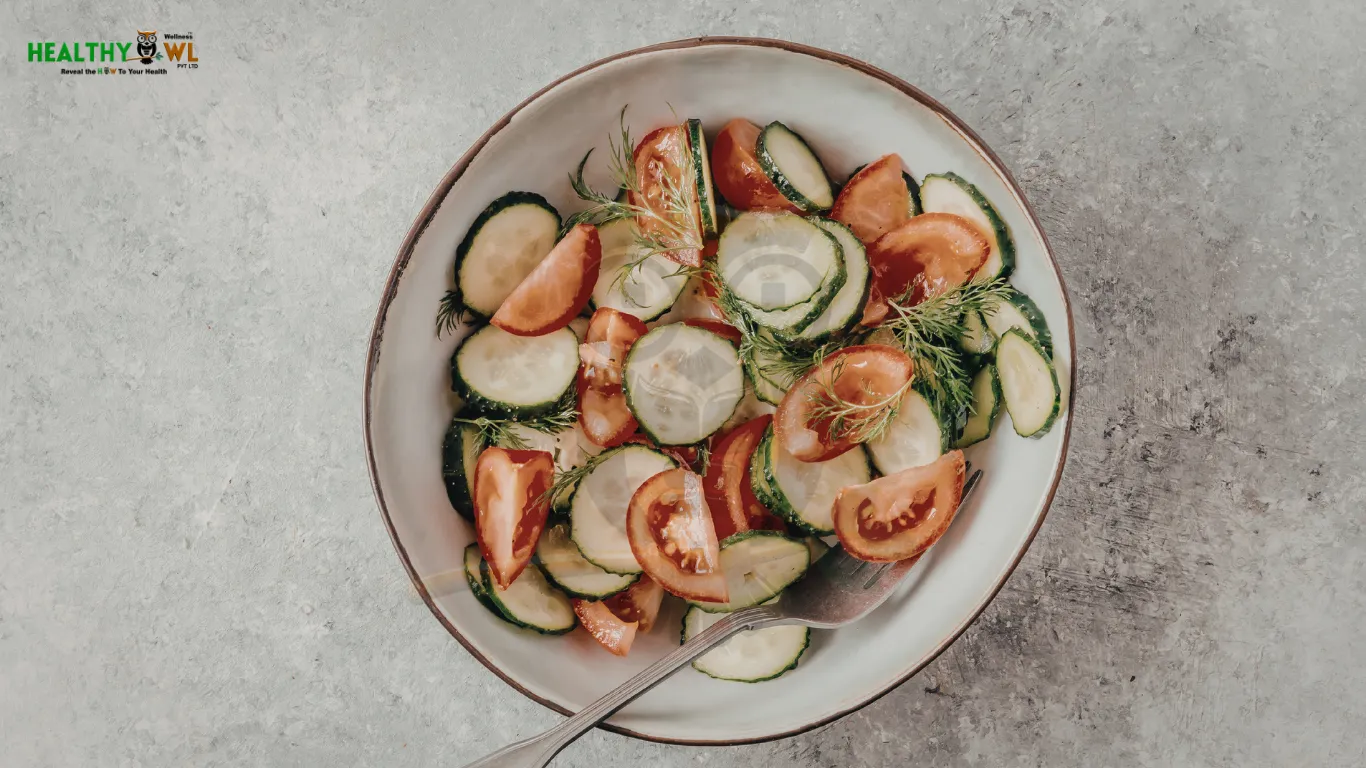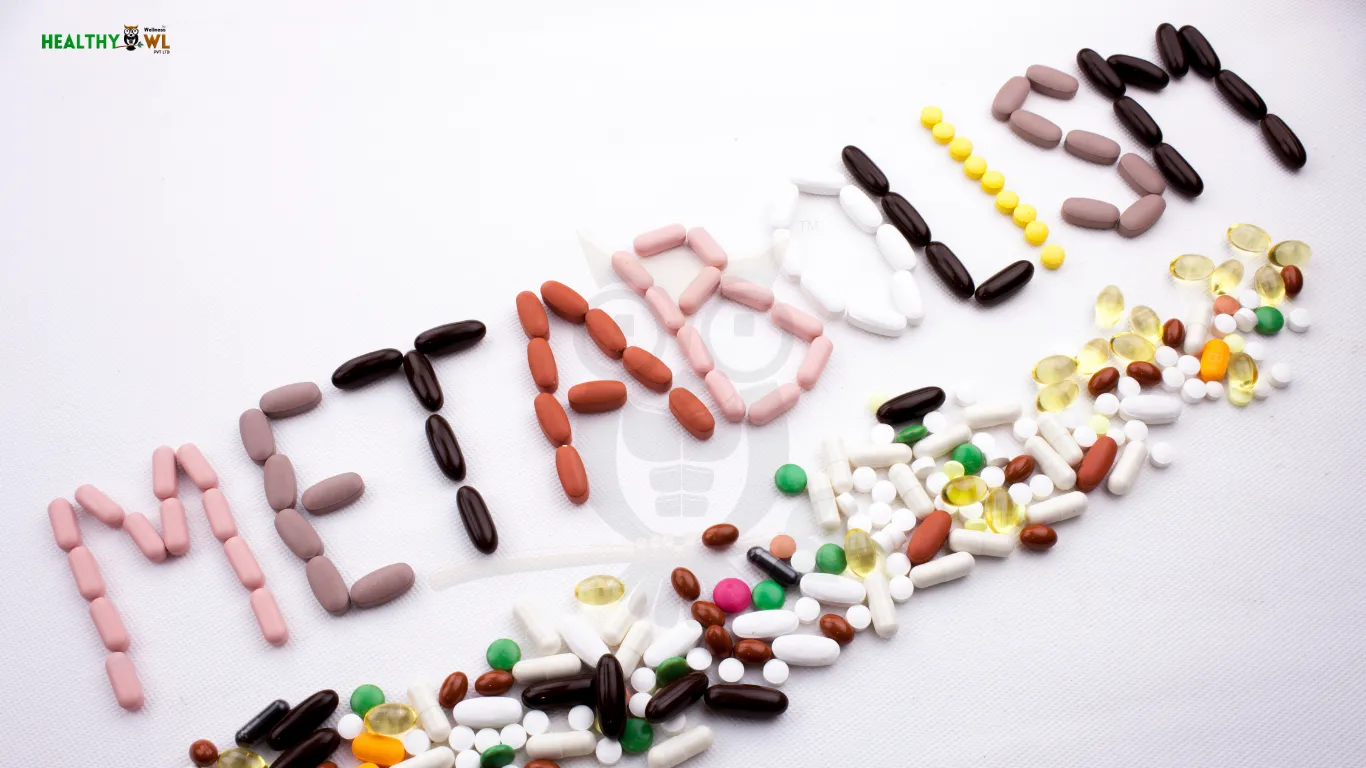Aging is inevitable — but how well you age is largely within your control. While genetics set the foundation, research shows that diet patterns in midlife (ages 40–60) strongly influence how your body, brain, and biology age.
Recent studies confirm that people who eat more fruits, vegetables, whole grains, and nuts in midlife enjoy healthier aging, lower disease risk, and even slower epigenetic aging — meaning their biological age is younger than their chronological age.
In this blog, we’ll explore:
- How diet in your 40s–60s impacts aging
- The difference between chronological and biological aging
- Evidence from recent studies on midlife nutrition
- The best diet patterns to follow to extend your healthspan
- Practical food habits to adopt now for graceful aging
Chronological Age vs. Biological (Epigenetic) Age
- Chronological age = the number of years you’ve lived.
- Biological (or epigenetic) age = how “old” your cells and body really are, based on DNA methylation and other biomarkers.
Diet has the power to influence epigenetic aging. Foods rich in antioxidants, polyphenols, and methyl donors (e.g., berries, green tea, garlic, turmeric, leafy greens) can support DNA methylation and slow biological aging, making your body function “younger” than your calendar age.
Epigenetics: How Polyphenols & Methyl-Donor Foods Slow Biological Aging
Aging is not just about years passing—it’s about how your genes are expressed over time. This is where epigenetics comes in. Foods rich in polyphenols (green tea catechins, turmeric’s curcumin, berries’ anthocyanins) and methyl-donor nutrients (folate in leafy greens, choline in legumes, vitamin B12 in dairy) can influence DNA methylation.
DNA methylation is a natural process that controls whether certain genes are “switched on or off.” With poor diet and aging, harmful genes that promote inflammation or disease can become overactive.
Polyphenols and methyl donors help maintain balanced methylation patterns, silencing harmful genes and supporting protective ones. This keeps your biological age lower than your chronological age, meaning your body functions “younger” at a cellular level.
Why Midlife Nutrition Matters
Your 40s and 50s are a turning point for long-term health:
- Metabolism slows down → higher risk of weight gain.
- Muscle mass declines → sarcopenia and frailty later.
- Bone density decreases → osteoporosis risk rises.
- Chronic disease risk increases → diabetes, heart disease, dementia.
A landmark study from Harvard T.H. Chan School of Public Health found that people who followed healthy dietary patterns in midlife reduced risk of early death and chronic disease by up to 30%.
In short: the food choices you make in midlife can predict your health decades later.
Recent Studies Linking Midlife Diet & Aging
- NIH study: Midlife eating patterns rich in whole plant foods were tied to healthier aging outcomes decades later.
- The Lancet Healthy Longevity: Higher adherence to plant-based diets lowered risk of multiple chronic diseases (EatingWell).
- Nurses’ Health Study: Women in their 40s who ate high-quality carbs (whole grains, fiber, fruits, legumes) aged healthier — physically, mentally, and cognitively (Verywell Health).
- Singapore Health Study: Higher midlife fruit intake lowered late-life depressive symptoms (PubMed).
How Midlife Diet Patterns Affect Aging
1. Cellular Health & Longevity
Antioxidant-rich foods (berries, nuts, leafy greens) fight oxidative stress, reducing DNA damage and slowing aging.
2. Muscle Preservation
Protein needs rise in midlife. Beans, lentils, tofu, dairy, and nuts help prevent muscle loss and frailty.
3. Bone Strength
Calcium, vitamin D, and magnesium (from leafy greens, dairy, sesame seeds, fortified foods) support bone density.
4. Brain Aging & Cognitive Health
Mediterranean & MIND diets (leafy greens, berries, nuts, olive oil, whole grains, fish) reduce dementia and Alzheimer’s risk.
5. Heart & Metabolic Health
Unhealthy diets with processed foods and sugar accelerate aging and disease. Fiber-rich diets stabilize blood sugar, cholesterol, and weight.
Best Diet Patterns for Healthy Aging
Mediterranean Diet
- Vegetables, legumes, nuts, olive oil, whole grains, fish
- Linked to longer lifespan and reduced chronic disease
MIND Diet
- Designed for brain health
- Focuses on leafy greens, berries, olive oil, nuts, beans, whole grains
Plant-Focused Diet
- Emphasizes fruits, vegetables, legumes, whole grains
- Supports gut and metabolic health
Anti-Inflammatory Diet
- Turmeric, ginger, green tea, omega-3s
- Lowers inflammation and joint/brain aging
Practical Food Habits For Ages 40–60
| Habit | What to Do | Why It Helps |
| Eat more plants | 5+ servings of vegetables + 2 fruits daily | Provides antioxidants, prevents frailty |
| Prioritize protein | 20–30g per meal from legumes, tofu, dairy, or fish | Maintains muscle mass |
| Choose whole carbs | Whole grains, oats, quinoa, brown rice | Supports energy & brain health |
| Add polyphenols | Green tea, berries, turmeric, garlic, herbs | Slows epigenetic aging |
| Upgrade fats | Olive oil, nuts, seeds, avocado, fish | Supports heart & brain |
| Limit processed foods | Cut down on sugar, refined carbs, packaged snacks | Reduces inflammation |
| Stay hydrated | 2–3L water daily | Keeps joints, digestion, and skin healthy |
Putting It All Together: Sample Plan For Ages 40-60
Here’s a sample weekly template (you’ll adapt to local foods/culture) for someone in midlife aiming to delay aging:
- Breakfasts: Oats with berries + nuts + milk / dairy-alternative; or vegetable omelette + whole grain toast + a piece of fruit.
- Lunches: Large salad / mixed vegetables + legumes (chickpeas, lentils) + olive oil dressing + whole grain (brown rice, quinoa) + a small lean protein portion (fish / poultry / tofu).
- Snacks: A handful of nuts + fruit; green tea; veggie sticks hummus.
- Dinners: Fish or plant-protein main, colourful vegetables (steamed/grilled), whole grain side, use herbs/spices like turmeric, garlic.
- Weekly: Include at least 2 fatty-fish (e.g. salmon, mackerel) meals; one meatless day; try to include polyphenol-rich food (e.g. berries, green tea, turmeric).
Conclusion
Your diet in your 40s and 50s is more than just daily fuel — it’s an investment in your future health. By adopting a plant-forward, Mediterranean-style diet rich in whole foods, antioxidants, and protein, you can slow biological aging, reduce the risk of chronic disease, and preserve vitality for decades to come.
Takeaway: The earlier you start, the greater the benefits. Begin with one small shift today — swap refined carbs for whole grains, add a serving of leafy greens, or drink green tea instead of soda. Your future self will thank you.
For more practical nutrition tips and wellness guides connect with Healthy Owl Wellness
Reference:
- National Institutes of Health. Midlife eating patterns tied to health decades later. NIH.gov
- The Lancet Healthy Longevity. Plant-based dietary patterns and risk of multimorbidity. Report summary via EatingWell
- Nurses’ Health Study. High-quality carbohydrate intake and healthy aging outcomes. Summary via Verywell Health
- Gopinath B. et al. (2024). Fruit intake in midlife and depressive symptoms in late life: Singapore Chinese Health Study. PubMed
- Takeuchi K. et al. (2024). Vegetable intake in midlife and risk of physical frailty in older age. PubMed
- Fitzgerald KN. et al. (2025). Methylation diet and lifestyle interventions and epigenetic age change: pilot trial findings. PubMed
- Neuroscience News (2025). Plant-based diet could turn back biological aging. NeuroscienceNews.com
- Frontiers in Nutrition (2025). Epigenetic regulation through diet and polyphenols: impact on biological aging. Frontiers in Nutrition


